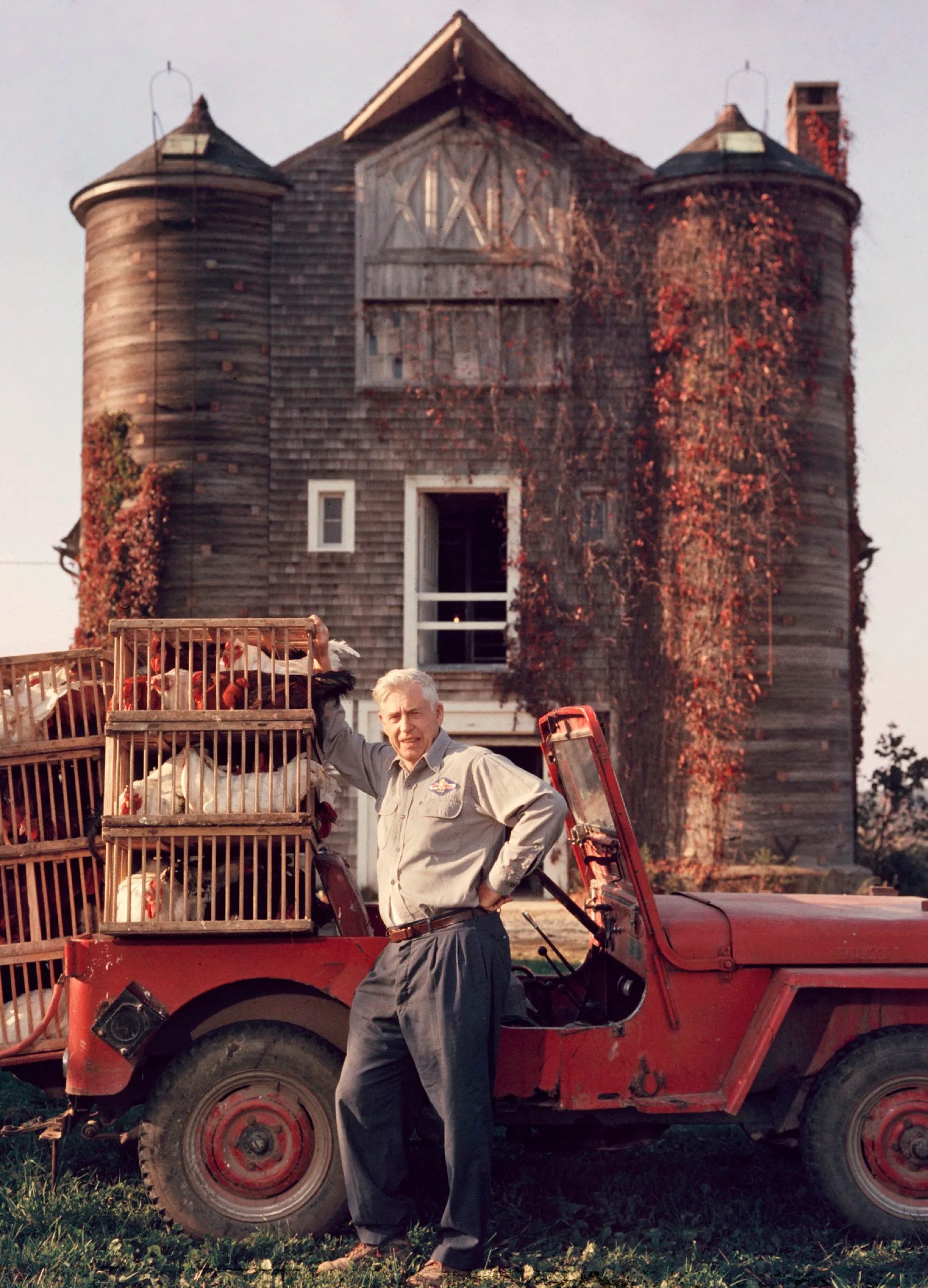
For four decades, the Wallace Center has been working to affect systems change that bring benefits to the environment, to communities, and to the farmers and food businesses that are the building blocks of a just and fair food system. Through the support of our partners and funders, we engage with organizations and individuals working on local and regional food systems development across the country. We provide technical assistance and training, share best practices, cultivate learning networks and catalyze food systems leadership.
Our programs focus on advancing collaborative, regional efforts to grow and move food that is healthy, regeneratively produced, and recognizes and builds value across the entire supply chain. We support an ecosystem of leaders and changemakers in U.S. farming and food systems. We prioritize those doing work on the ground, including farmers and farm workers, value-chain businesses and employees, and community-based food system leaders.
The origins of the Wallace Center date back to 1983, when Garth Youngberg, a former USDA employee and early proponent of organic farming, started what was originally called the Institute for Alternative Agriculture. The Institute’s mission was to advance the then nascent field of alternative agriculture through on-farm research, educational work, policy outreach, and the publication of the American Journal of Alternative Agriculture. In an article titled “Why another journal” in the journal’s first issue, Youngberg writes that transforming American agriculture would require a “systems-oriented, interdisciplinary approach,” a directive that has shaped the Wallace Center’s work for over 40 years.
In 1992, the Institute for Alternative Agriculture became the Henry A. Wallace Institute for Alternative Agriculture (HAWIAA) in recognition of the achievements of the former Secretary of Agriculture and 33rd Vice President of the United States. An endowment from the Wallace Genetic Foundation and Wallace’s daughter, Jean Wallace Douglas, supported the Institute’s contributions to the creation of the National Organic Standards and advocacy for research on organic agriculture at land grant universities.
In 2000, Youngberg started contemplating next steps for HAWIAA, as his retirement was on the horizon. With the help of Ms. Douglas, they found a permanent home within Winrock International and HAWIAA was renamed the Henry A. Wallace Center for Agriculture and Environmental Policy.
In 2005, Dr. John Fisk joined as Executive Director with a directive to transition the organization to a new mission focused on market-based change within sustainable agriculture and food systems. With support from the W. K. Kellogg Foundation and the Wallace Genetic Foundation, Dr. Fisk then implemented a strategy of strategic investments, technical assistance, and network development to achieve this mission.
In 2008—its 25th anniversary—the organization became the Wallace Center at Winrock International.
The following decade saw the Wallace Center launch several commitments and initiatives, most notably the National Food Hub Collaboration (2008), Pasture Project (2011), and the Food Systems Leadership Network (2018).
Later in 2021, the Center shifted to a co-director model and launched the Wallace Advisory Group (WAG), a group of esteemed farm and food systems leaders who hold the Center accountable to its mission and values and offer strategic guidance and subject matter expertise to the team.
Today, the Wallace Center responds to the needs of individuals and organizations on the ground, building trusted relationships with partner organizations in pursuit of meaningful change. In this way, we proudly emulate our namesake, who questioned the status quo and strove to redistribute power to the people; Wallace’s tenet to integrate rather than work in silos remains true to this organization’s core.
Through its programming and communities of practice, the Wallace Center strives to remain a power-shifting intermediary, stepping in where there’s an invitation to serve, and urging others toward a more varied and connected food system where sustainable farming is vibrant and thriving.
